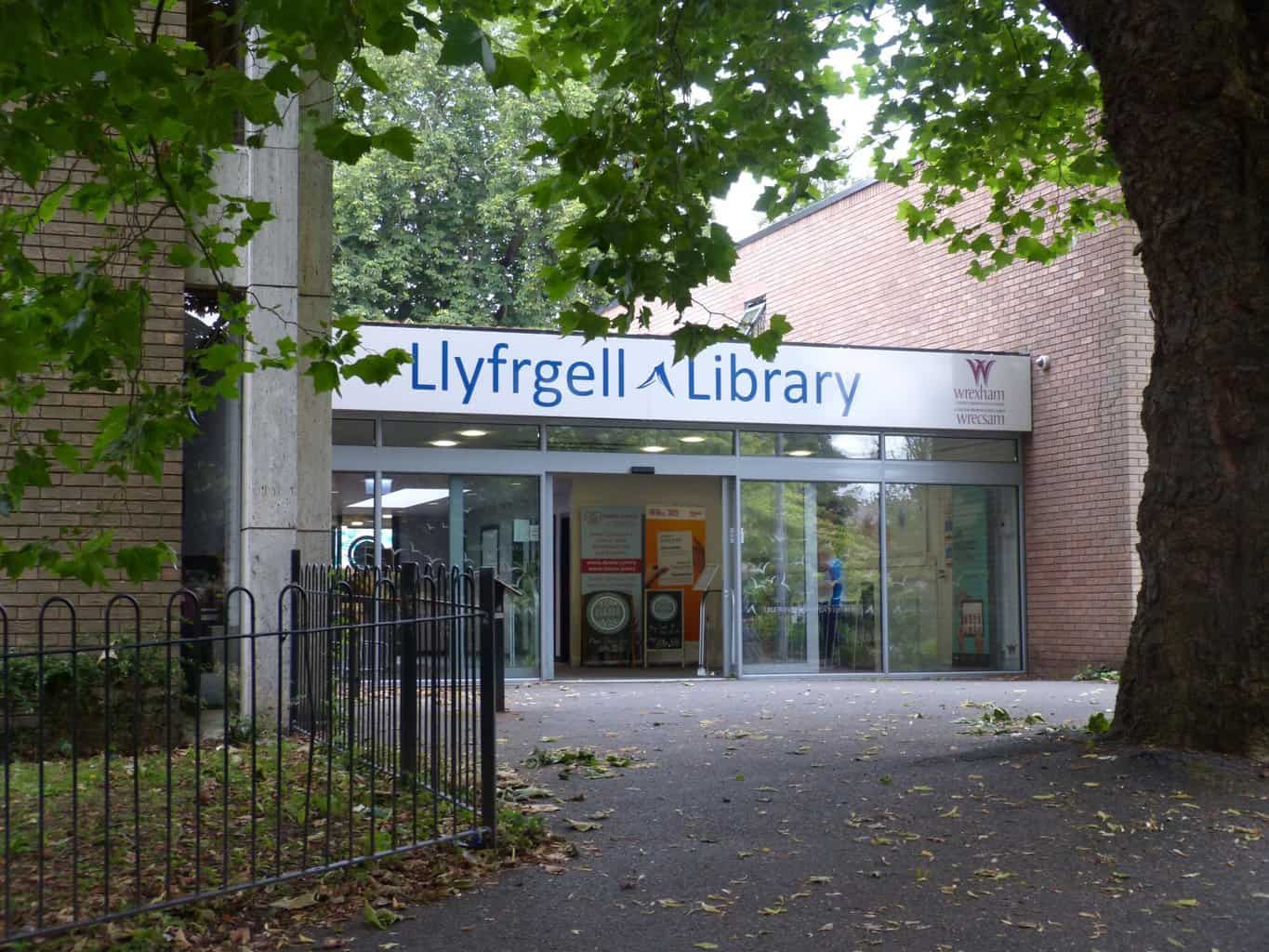Wrexham Library hosted an important gathering recently to begin planning events which, throughout 2026, will celebrate the 150th anniversary of the city’s 1876 “Year of Wonder.”
1876 saw the formation of the Football Association of Wales, the opening of the Ruabon Road Cemetery, the great four-month long Art Treasures and Industrial Exhibition, the first National Eisteddfod ever held in the town, the original Wrexham tram system and much more besides.
This was a hugely important year in Wrexham’s history, and the meeting at the library, on Wednesday afternoon, January 15, saw the coming together of various groups already planning to commemorate those events next year.
Councillor Beverley Parry-Jones, Wrexham Council’s Lead Member with responsibility for libraries, said: “It was a great privilege to host this event here at the library, and I’m sure there are exciting times ahead for the whole of Wrexham.”
Councillor Hugh Jones, Lead Member with responsibility for City of Culture and the arts, added: “It will be wonderful to celebrate not only the past 150 years of our culture, arts and industry, but also the city’s present achievements, as well as looking forward to our future.
“With the National Eisteddfod of Wales being held in Wrexham later this year, and plans taking shape to mark the anniversary of the Year of Wonder in 2026, it promises to be an exciting time for arts and culture in the county borough.”
Wrexham Council’s new interim Chief Executive, Alwyn Jones, also found time to attend. He said: “I just want to congratulate those involved for pulling this all together. Although many of these events would have happened separately, it’s a great testament to Wrexham’s community spirit and culture that we’re now going to have an entire year-long celebration of Wrexham’s heritage and reputation, both here in Wales but also internationally.”
The original idea for the year-long celebration was inspired by the guidebook Wrexham Revealed, produced by Wrexham Carnival of Words – Wrexham’s “literary festival with a difference.”
The pocket-sized book provides 20 stopping points around the town centre for those wanting a self-guided tour of Wrexham’s history. And festival director, Dylan Hughes, said: “The guidebook talks about many significant dates, but it highlights just how much happened in 1876 itself, and the 150th anniversary gives us a wonderful chance to remind ourselves how proud we should all be of Wrexham’s place in the world.”
Details of the year-long celebration and the individual events will be available shortly.









